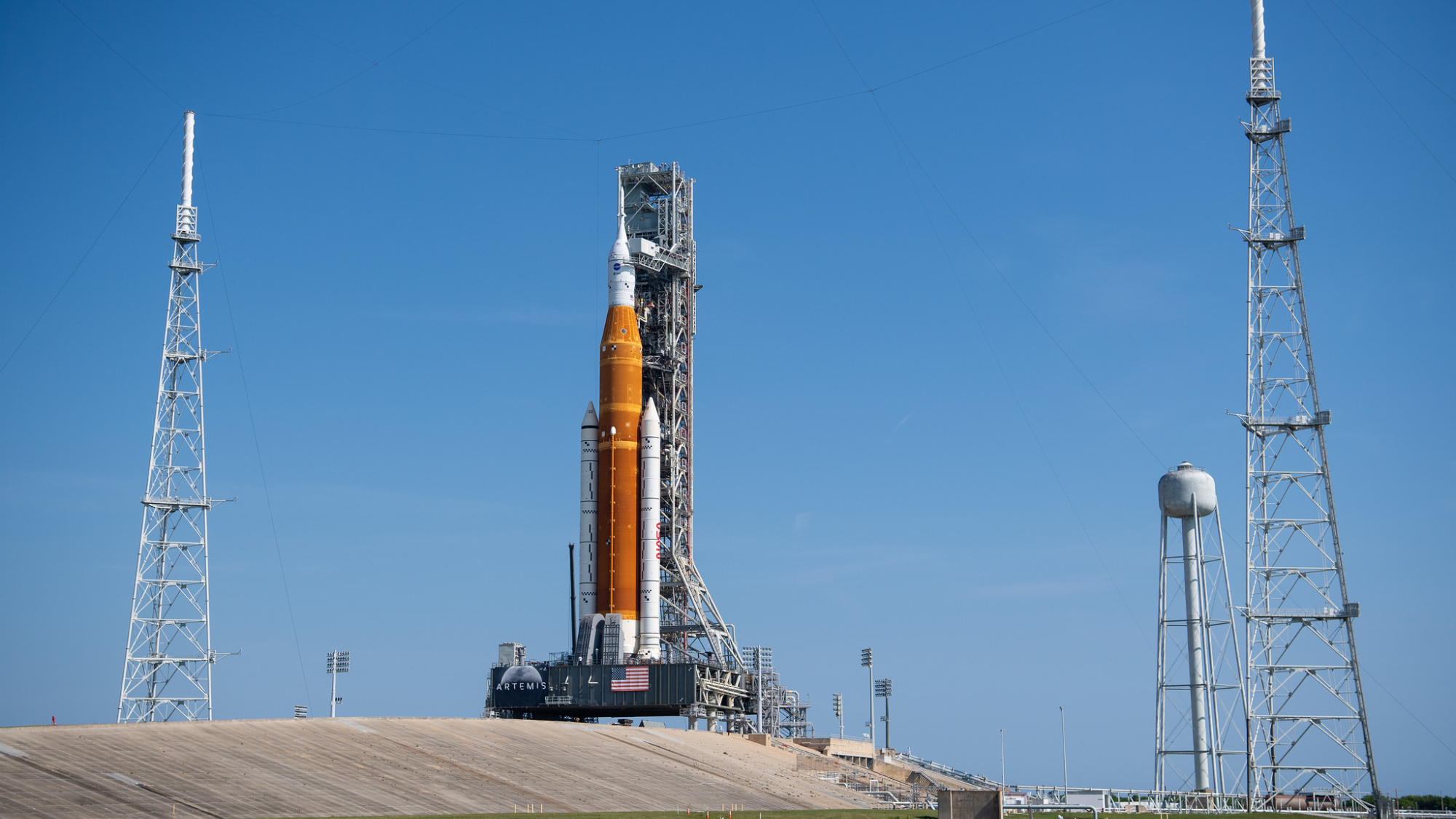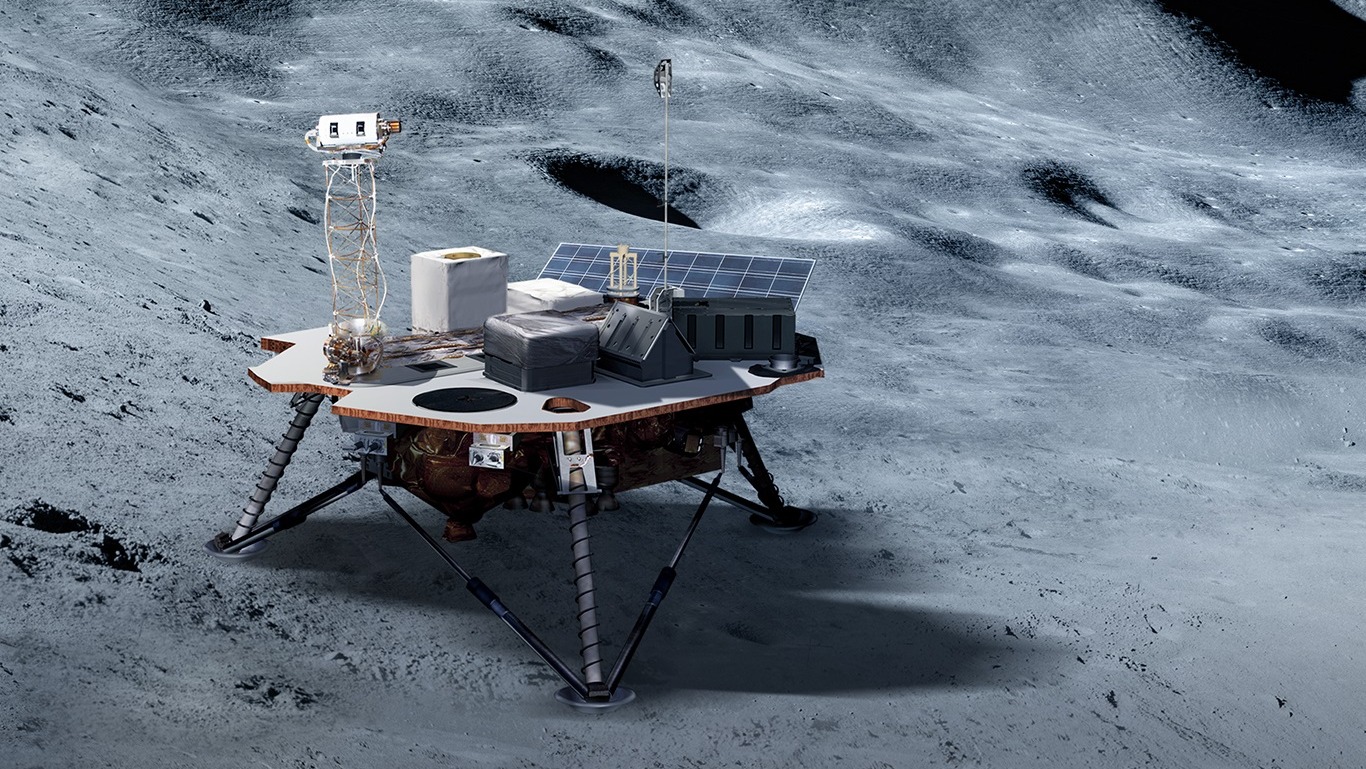Next week's moon launch isn't the end.
NASA and its international partners are already planning for the future, as the world counts down to the planned August 29 liftoff of the Artemis 1 mission.
The NASA-led Artemis Accords are a set of agreements that lay out a framework for responsible exploration of the moon.
Going forward, Artemis will have a global flavor. Canada will get a seat on Artemis 2 due to its contribution of Canadarm3 robotic. Japan will send an astronauts on a future moon mission.
NASA plans to use the accords to establish how countries should conduct space exploration and how they can work together for missions to the moon or Mars.
Related: NASA's Artemis 1 moon mission: Live updates
More: NASA's Artemis 1 moon mission explained in photos
The goal of the accords is "safe, responsible and transparent behavior in space" and a discussion of "preserving and protecting the outer space environment to ensure a safe and sustainable future in space for all," according to a NASA spokesman.
The agency pledges that the accords will include nations that have experience in space and those that are newer to the final frontier. Russia's recent announcement that it plans to pull out of the International Space Station agreement at some point in the future, and its ongoing invasion of Ukraine, make it unsurprising that it is not a participant.
Russia wants to build a space station in the near future.
The accords reinforce the 1967 Outer Space Treaty, according to NASA. The upcoming launch of Artemis 1 is a turning point in which the agency hopes to establish more detailed guidelines.
A body of knowledge, informed by collective operational experiences, that will advance broader goals through established bodies such as the United Nations Committee on the Peaceful Uses of Outer Space will be developed by bringing as many signatures as possible.
The need for common values for space exploration and utilization is strengthened by the support of the Artemis Accords principles.

The accords are meant to foster an environment in space "conducive to international collaboration" and with clear rules and expectations to allow space agencies and companies to conduct business, according to space lawyer Michael Gold.
Under the previous NASA administrator, Jim Bridenstine, Gold helped lead the implementation of the Artemis Accords. Gold is an executive vice president at Redwire Space.
He said that the accords are meant to cover civil activities so that companies that land on the moon are covered. NASA encourages private companies to deliver science, hardware and other essential items to the moon in order to support the Artemis program.

The accords are important precedents. Since international programs tend to have more financial and technological resources, it's important to bring in other countries.
If national security programs and commercial space programs align with global norms of behavior, there would be further stability. "So much of our conflict on Earth is caused by misperception and miscommunication, and if we're going to get into a conflict, at the very least let's have it be intentional."
He said that national security guidelines should govern issues such as how close is too close with regard to satellites. Space debris events like the Russian anti-satellite test in November 2021, as well as growing broadband constellations like Starlink, have led to more frequent encounters.
"If we're public about these things, that will give us the best chance of avoiding conflict, particularly through mistakes and misperceptions," Gold said. He called for the UN'sCOPUOS to open up seats for private sector companies to allow for government and commercial entities to work together.
You can follow Elizabeth on the social networking site. We encourage you to follow us on social networking sites.